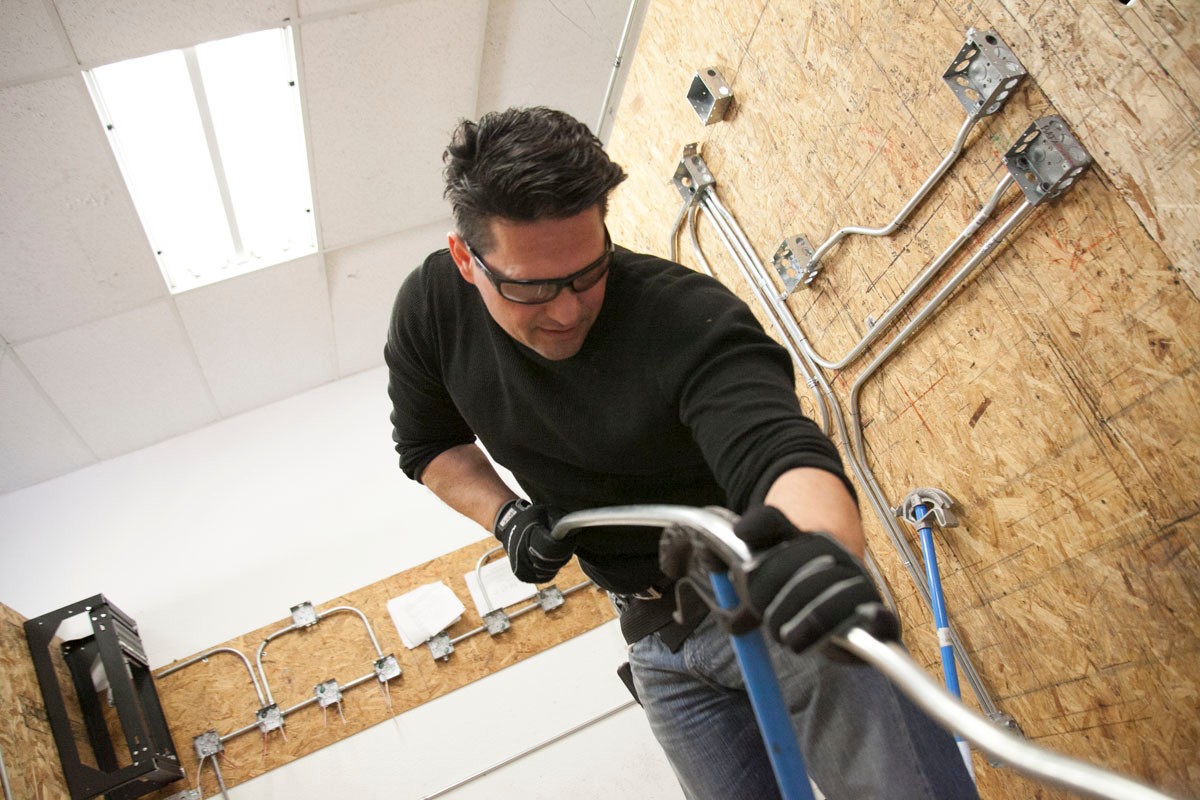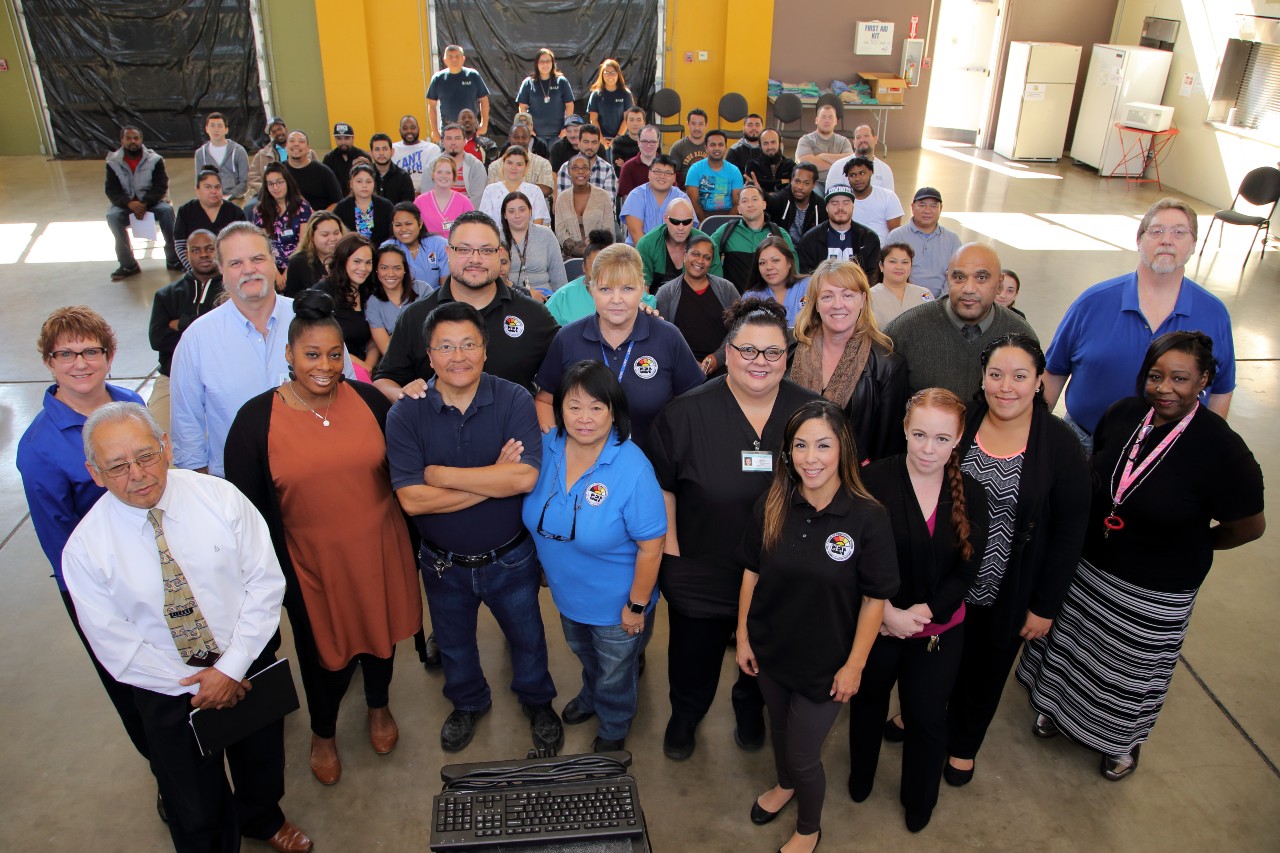Entering the Career World Is Often Tough for Veterans, Here are 5 Things That Can Help
Between months spent in boot camp, years of overseas deployment, and sometimes over a decade of service, it’s easy to say that — for many people —...
2 min read
 Amy Lawrence
:
May 5, 2021 9:00:00 PM
Amy Lawrence
:
May 5, 2021 9:00:00 PM

Leaving the service can be a significant turning point in any veteran’s life. Returning to civilian life after their service and transitioning into the civilian workforce can be exceedingly challenging.
Let’s explore some of the challenges veterans face in civilian careers and some possible ways of addressing them.
Veterans come from an environment with very clearly defined jobs and specific training for each position. Those skills and the knowledge obtained working in the military can be difficult to translate into a new civilian job.
In the modern competitive job market, resumé items like certifications, licenses, and degrees are more important than ever. Yet, even highly experienced veterans may not have any certifications or degrees that speak to their skills and depth of knowledge.
This makes drafting an attractive resumé particularly difficult for veterans, especially those who left the service recently and don’t have any “official” real-world experience to include.
Even those who make it to the interview stage in a job search may have trouble putting into words how their experience would make them a good candidate for the job position they’re applying for. Leading troops or overseeing expensive military machinery don’t generally have clear equivalents in the civilian workplace. As a result, business leaders may struggle to understand what veterans have to offer.
A former MP may have many of the necessary skills to become a police officer, for example, but that doesn’t guarantee that they would find a job in that field or even that they would want to pursue that as a new career.
That brings us to another potential challenge for veterans: entering a new field, unrelated to their military experience.
More than half of veterans (about 55 percent) choose to shift gears after they leave the service and enter a new field. This means they face all the struggles detailed earlier about lacking licenses, trying to explain their relevant experience, and more.
Transitioning into a new field is difficult for any professional but especially so for veterans. It creates the combined stress of adapting to civilian life and jobs with needing to learn new skills and practices. That would be a lot for anyone to handle.
Veterans can be pushed toward low-level, low-paying job positions without a defined pipeline toward higher-paying jobs. Many employers are unwilling to provide the necessary training for veterans to enter and succeed in more lucrative and fulfilling civilian job positions.
Many of the struggles for veterans in civilian jobs revolve around not being able to find fulfilling job opportunities that pay well, have room for advancement, and match with their skills and interests.
One of the best pieces of advice about the job market for veterans returning from service is to find something they’re passionate about and apply themselves to learning how to excel in that field.
Veterans have the advantage of coming from a background where they were taught to learn new skills quickly and at a high level so, with a little time and effort, they should be able to succeed in any new career path they choose.
CET offers multiple skilled trades programs that may provide veterans with exactly what they’re looking for. These programs generally last between 6 months and a year and provide all the hands-on training and support a veteran would need to enter one of the trades. The programs include preparation and training in construction and maintenance, medical trades, technical trades, or business.
Read more about how CET helps veterans prepare for fulfilling civilian careers and the programs they offer.

Between months spent in boot camp, years of overseas deployment, and sometimes over a decade of service, it’s easy to say that — for many people —...

Weeding through information about financial aid can be confusing. What funding, grants and loans are you eligible to receive? Where do you even begin?

Whether you’re a current student or an alumnus, you know how important it is to choose the right place to get training. Your education is the...